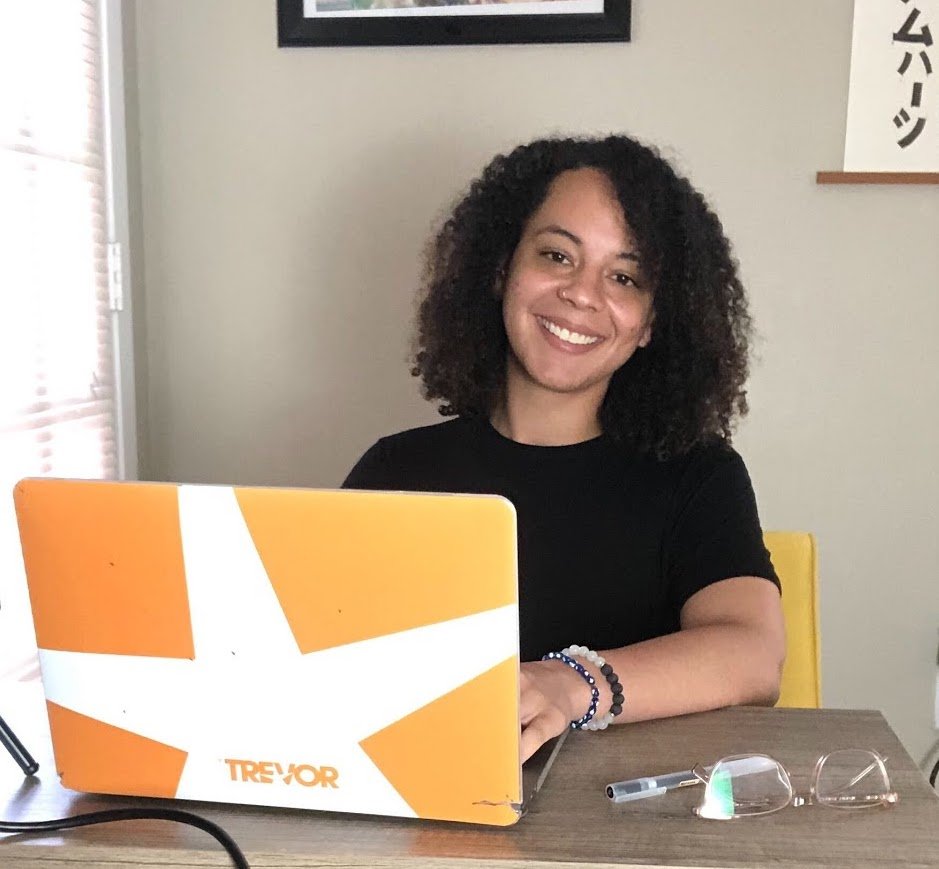The COVID-19 pandemic has brought unprecedented challenges and emphasized how important it is for each of us to do our part to help find solutions. I’m sharing an update here on how Google is contributing to keep people safe and helping to get American businesses back up and running.
Contributing to economic recovery efforts
As I’ve written earlier, to help small businesses gain easier access to badly-needed capital, we founded the $170 million Grow with Google Small Business Fund alongside $10 million in Google.org grants, with an aim to help the most underserved small businesses, particularly those owned by women and minorities. In collaboration with Opportunity Finance Network, more than $53 million dollars of loans and Google.org grants have been allocated to community partners who are focused on serving rural, women, Black, Latino and Native borrowers, which helps American communities start to get back on their feet. Tires by Papi and Bailiwick Clothing Company are two such examples.
Of course, our greatest contribution continues to be developing products to help people stay informed, adapt and get through this pandemic.
According to the Connected Commerce Council, nearly one in three small business owners report that without digital tools they would close all or parts of their business. To help small businesses, we rolled out many new, free product features earlier this year, so that they can inform their customers about things like takeout, delivery, no-contact delivery, or curbside pickup. Today, people can now find this information on Search and Maps for more than 2 million restaurants and retailers in the U.S.

We’ve used Google’s Duplex technology to make calls to businesses and confirm things like temporary closures. This has enabled us to make 3 million updates to business information globally, which have been seen by people over 20 billion times in Search and Maps.
To help people searching for jobs, we have stepped up to help in many ways. We added new relevant features in the U.S. like showing jobs that can be done remotely. Google Cloud has partnered with different states to help jobseekers: we assisted Rhode Island’s Virtual Career Center, a new platform that connects thousands of jobseekers with jobs and employment services; worked with the State of Illinois to develop a 24/7 Virtual Intelligent Agent on the IDES website; developed a chatbot, in partnership with the New Jersey Office of Innovation to provide real-time answers to the 20 most popular unemployment questions. These are just some of the examples.
We also transformed our free Grow with Google training to virtual formats and have already trained more than 1 million Americans on digital skills this year. The Google IT Support Professional Certificate—which takes beginner learners to entry-level jobs ready in under six months—has become the most popular certificate on Coursera during COVID-19.

Providing trusted information
Questions related to the pandemic are more searched than sports or music (and even elections) in every state.
Top coronavirus related searches in the U.S. this month:
Coronavirus symptoms
Coronavirus update
Coronavirus vaccine
Across the U.S. people are searching on Google to stay informed and adapt. In 47 states, the top coronavirus-related question during the last six months has been “How many cases of coronavirus in [my state].” Search interest for “online courses” reached an all-time high in April this year, as did searches for “unemployment,”compared to search trends over the last 15 years.
During this time, we’ve also seen people seek out information to help them navigate their daily lives. For example, since the pandemic began, searches for “curbside pickup” have increased 13-fold compared to this time last year, while searches for “contact tracing” spiked 1,000 percent in April and then reached an all-time high in May.
In March, we launched Search Knowledge Panels so when people search for information related to COVID-19, they immediately see local guidance, information about symptoms, prevention and treatments. We’ve committed $250 million in Ad Grants to help government agencies provide critical information related to COVID-19. As of today we’ve served more than 100 million PSAs from local public health agencies, which have been seen by tens of millions of people across the U.S.
We also launched the Journalism Emergency Relief Fund to provide emergency funding for small and medium sized news organizations covering the pandemic. To date, we’ve distributed $9 million to U.S. newsrooms across all 50 states.
Helping people make safe choices
To help people make informed decisions about where to go, the COVID layer in Google Maps shows critical information about new cases in an area and how they’re trending. As of this month, our COVID-19 Community Mobility Reports, which are used by public health agencies and researchers around the globe, have been downloaded more than 16 million times.
In May, we partnered with Apple to launch the Exposure Notifications System (ENS) and made it available to public health authorities around the world in their fight against COVID-19. Designed specifically and carefully to protect users’ privacy while helping public health authorities and governments manage countries’ re-opening, today 13 states and U.S. territories have built apps based on this ENS technology.
In a short time, COVID-19 has changed how people live their lives. We’ll continue to update our products and roll out initiatives to help people and American businesses find trusted information, adapt and manage economic uncertainty.






